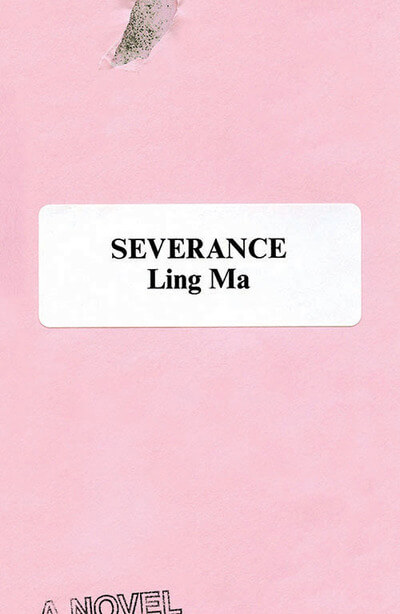Singaporean author Sharlene Teo’s debut novel spans from 1968 to 2020, from rural Malaysia to vibrant, modern-day Singapore. Teo’s descriptions of life on the equator come alive; you may feel sweat slicking your back or the sting of a mosquito bite.
With razor-sharp wit and painstaking attention to detail, Teo jumps through time, telling the stories of three women. Years ago, Amisa was a ticket girl at a cinema when a director handpicked her for her chilling beauty. She starred in his cult horror trilogy called Ponti! and played the role of a pontianak. In Malay mythology, pontianaks are vampiric ghosts of women who died while pregnant. Over time, as Amisa’s dreams of fame fizzle, she wallows in her despair and becomes a sort of pontianak herself. Now, Amisa is the mother to Szu, a gawky girl with no friends—until Circe comes along.
Sixteen-year-old Szu’s life is bleak, and Teo paints a painfully true depiction of how it feels to be an angsty teen. With a loveless mother and an absent father, Szu aches for acceptance, and her misery contrasts with the pastel colors of her school’s decor. When Szu and Circe become fast friends at school, they seem in awe of the vast differences in each other’s lives. When Amisa dies, Circle tries to comfort her friend, but the grief is too much for both of them.
When 33-year-old Circe is tasked with managing the marketing campaign for a remake of the Ponti! films, she’s forced to remember her sad friend Szu and her long-ago fascination with the alluring and withering Amisa.
Ponti is full of brilliant prose about the heartbreaking truth of growing up. It’s a novel of friendship, isolation, despair and memories of childhood that haunt us into our adult lives.



























